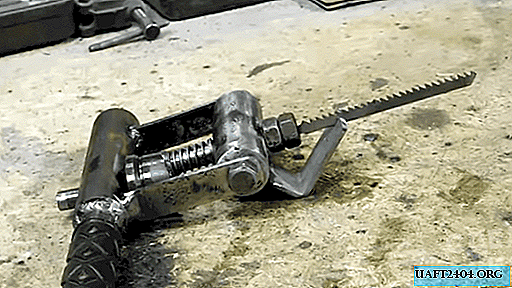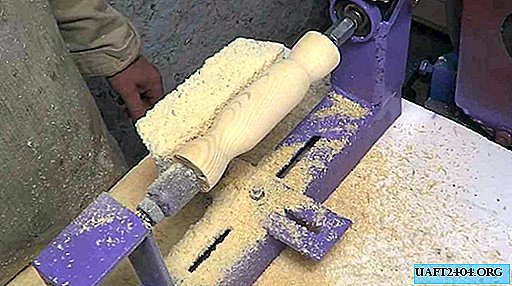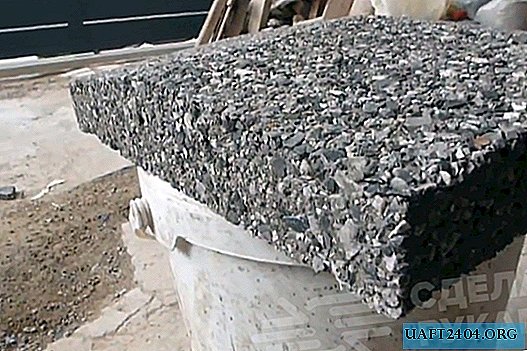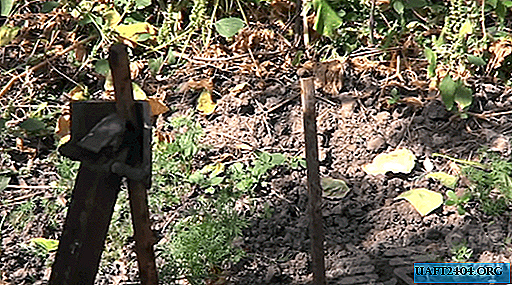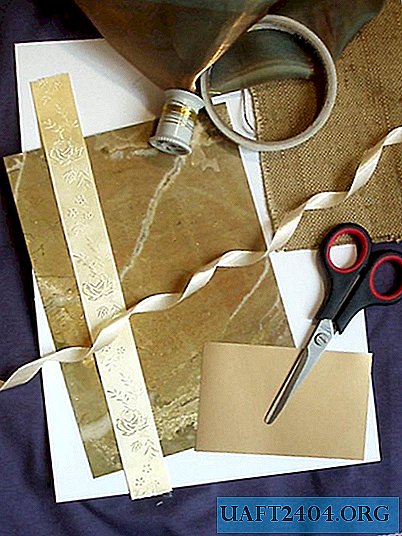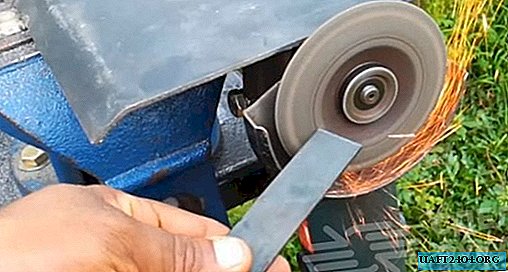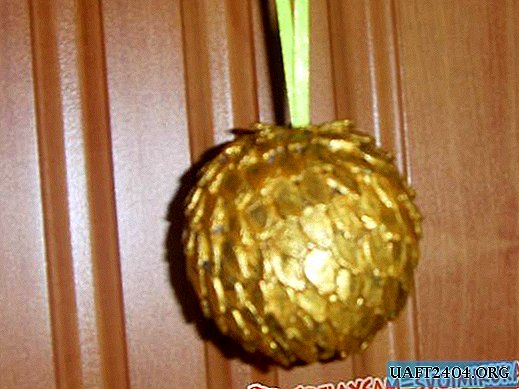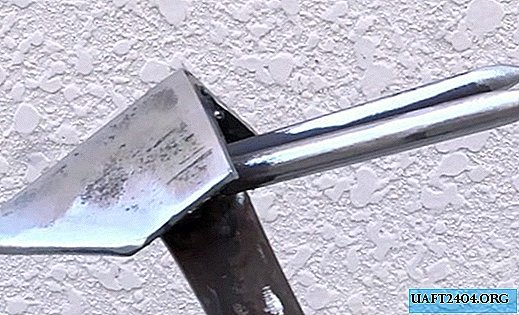I really liked this idea due to the fact that it can be applied to an existing room, without any repairs.
In order to make the LED illumination around your perimeter in your room, you don’t need to do any extra work, and actually touch the ceiling itself.
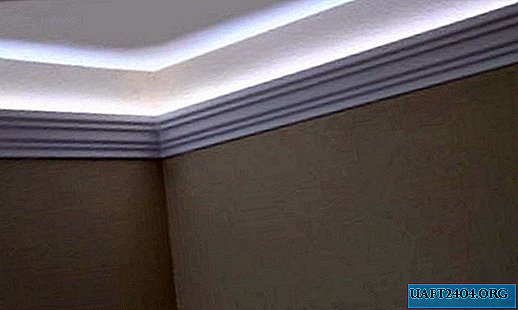
What do you need for LED backlight?
The first and main thing is the LED strip.
I recommend taking here - Led strip aliexpress.com, at a very low price.
What shade your highlight will have is up to you. The choice is great: white, cold, warm, color (RGB) LED strip.
Personally, I took a white glow tape, at 220 V. For it, I do not need any special adapters or converters. Another plus of it is that it has a transparent insulated casing, which is no less important for electrical and fire safety.
This tape, of course, will be more expensive than 12 V, but it does not require a power supply, in the end I thought it would be more profitable. Also, twelve volt tape must be duplicated by power every 5 meters so that there is no noticeable drop in brightness at the end of the tape, and this is additional wires and inconvenience. With a 220 tape, this is not necessary, since the current in the circuit is very low, and when using at least 20 meters everything will glow evenly.
The second necessary element of the entire structure is the ceiling plinth, which can be purchased at any hardware store. But there may not be a big catch. Not every skirting board is suitable for these purposes. You need to choose one that can only be glued to one surface. Since the market mainly comes skirting boards, which are mounted in two surfaces.
Special skirting boards for LED backlighting are also on sale - be sure to ask the seller.
After everything is selected and purchased, we proceed directly to work.
Do-it-yourself ceiling lighting
Draw the markup. Take a ruler or tape measure, step back from the ceiling a certain distance, it can be 15-40 cm. It all depends on the size of your baseboard.
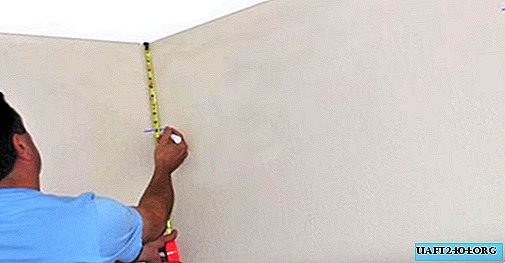

Then draw a line around the entire perimeter. This will be the border for gluing the baseboard.
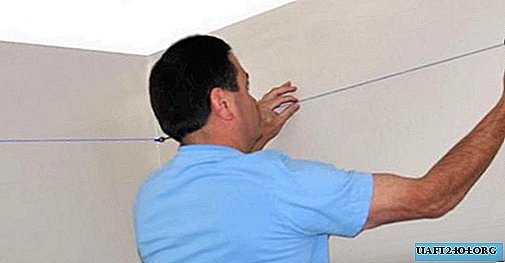
We glue the baseboard around the perimeter with liquid nails or other glue, making cuts for corners.
Let the glue dry.




Next, put the LED strip in the resulting gutter. I just put it down, but if you wish, you can stick it for reliability.


The branch for the power wires can be made imperceptibly behind the cabinet, or in the corner, hiding this wire with a cable channel.
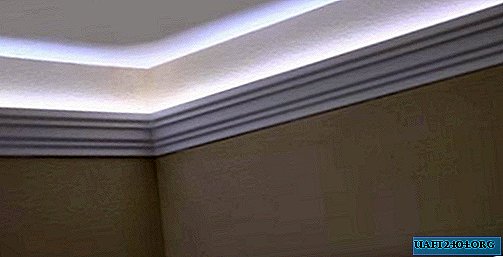
LED backlighting is very economical, pleasing to the eye and creates a unique cosiness in the room, especially if you use a warm shade of illumination.



